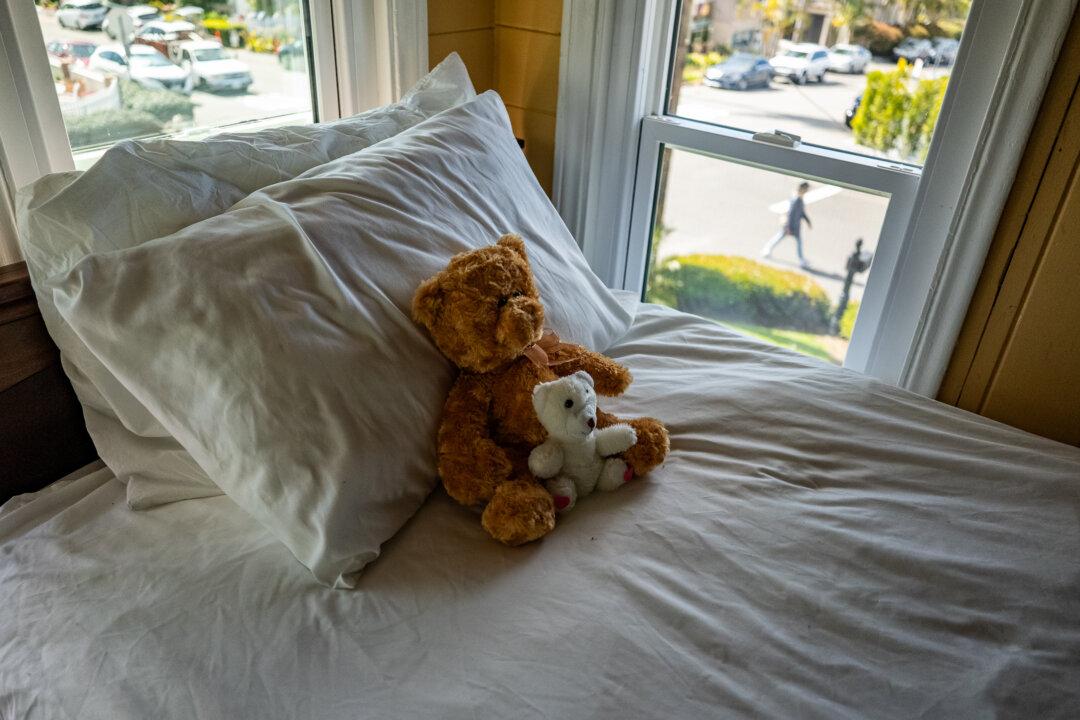A California bill that would allow children ages 12 and older to consent to mental health treatment—and in some cases, to be placed in a “residential shelter”—without parental consent was signed into law by Gov. Gavin Newsom on Oct. 7.
Previously, the state allowed minors 12 and over to consent to such if they were “mature enough to participate intelligently” and if the child was in an abusive situation or in danger of harm to themselves or others, according to the bill’s text.





